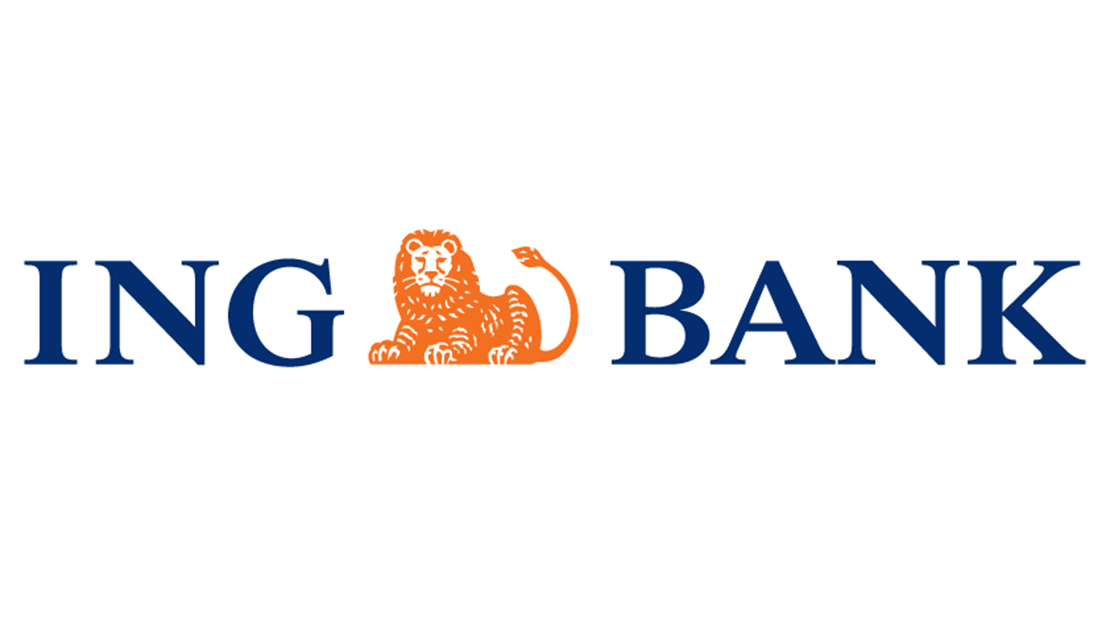
We could not find any results for:
Make sure your spelling is correct or try broadening your search.
| Name | Symbol | Market | Type |
|---|---|---|---|
| Zcash | COIN:ZECEUR | Crypto | Cryptocurrency Rate |
| Price Change | % Change | Price | Bid Price | Offer Price | High Price | Low Price | Open Price | Traded | Last Trade | |
|---|---|---|---|---|---|---|---|---|---|---|
| -2.20 | -3.81% | 55.48 | 55.45 | 55.54 | 57.68 | 54.65 | 57.68 | 552.14 | 07:33:03 |

Bitcoin Global News (BGN)
April 30, 2018 -- ADVFN Crypto NewsWire -- Perhaps, traditional banking will embrace the wild west of Blockchain innovation after all. It recently came to light that ING, the Netherlands-based banking giant, has been working on particularly interesting research in the space since as early as November of last year.
If you know about ZCash, then you already have heard about the underlying technology that it and several other coins are using, called zero-knowledge proofs. For a brief review, zero-knowledge proofs are, in crypto, essentially a highly secure way to send and verify transactions. When this type of, what can be called, consensus is used in transferring cryptocurrencies, no private or public keys are used.
While this concept is highly technical, what it seems to boil down to is that both parties mainly use the knowledge of the amount the sender had at the beginning of the transaction as well as the amount the receiver ends up with at the end of the transaction. The kicker is, it gets a bit more complicated and this concept bears further explanation.
In the beginning of the process of using zero-knowledge proofs to reach consensus, it appears that the receiver does not even know how much currency the sender meant to send. Hackernoon provides an example that amounts to the receiver ending up with four or so choices with only one being unlocked for the receiver to add information to.
It should be noted that the receiver can see four transaction amounts in this case. The unlocked choice represents the intended transaction amount. The receiver then needs to indicate whether he or she ended up with the same amount of a different amount from that unlocked amount. If the amounts are shown to be the same, the process is finished and the transaction is approved. If they are shown to differ, then by all accounts, the process begins again.
ING bank is actually doing work in this relatively narrow area. More precisely, they are reportedly innovating on Zero Knowledge proofs, in-house. One particular new application of this technology that ING seems interested in is using it to verify that someone has the salary range needed to apply for a mortgage without publicly disclosing what the person’s exact salary is.
In terms of how they are innovating on these proofs, it has been mentioned that ING plans to explore using them to work with data beyond numbers. To do this, ING states that they will use a variation of zero-knowledge proofs called “zero-knowledge set-membership,” according to Coin Desk.
Zero-knowledge set membership can be understood as being the same as the above explanation of zero-knowledge proofs except that sets are used instead of individual transaction data. These sets can be a wide-range of things from salary levels to other demographic information.
Reportedly, these types of data are exactly what ING hopes to use the technology for. What is even more striking than what ING is doing in the crypto space is how they are doing it. Like Cardano and unlike most private institutions who are starting blockchain projects, ING’s projects are open source and being peer-reviewed.
Judging by this, the benefits are two-fold. First, it’s promising that yet another well-known financial institution is moving into crypto. Secondly, the fact that such a company is placing a high level of trust in blockchain tech could signal . Perhaps the snowball effect into widespread adoption will have truly begun when and if more institutions follow ING’s lead.
By: BGN Editorial Staff
News:
1 Year Zcash Chart |
1 Month Zcash Chart |

It looks like you are not logged in. Click the button below to log in and keep track of your recent history.
Support: +44 (0) 203 8794 460 | support@advfn.com
By accessing the services available at ADVFN you are agreeing to be bound by ADVFN's Terms & Conditions